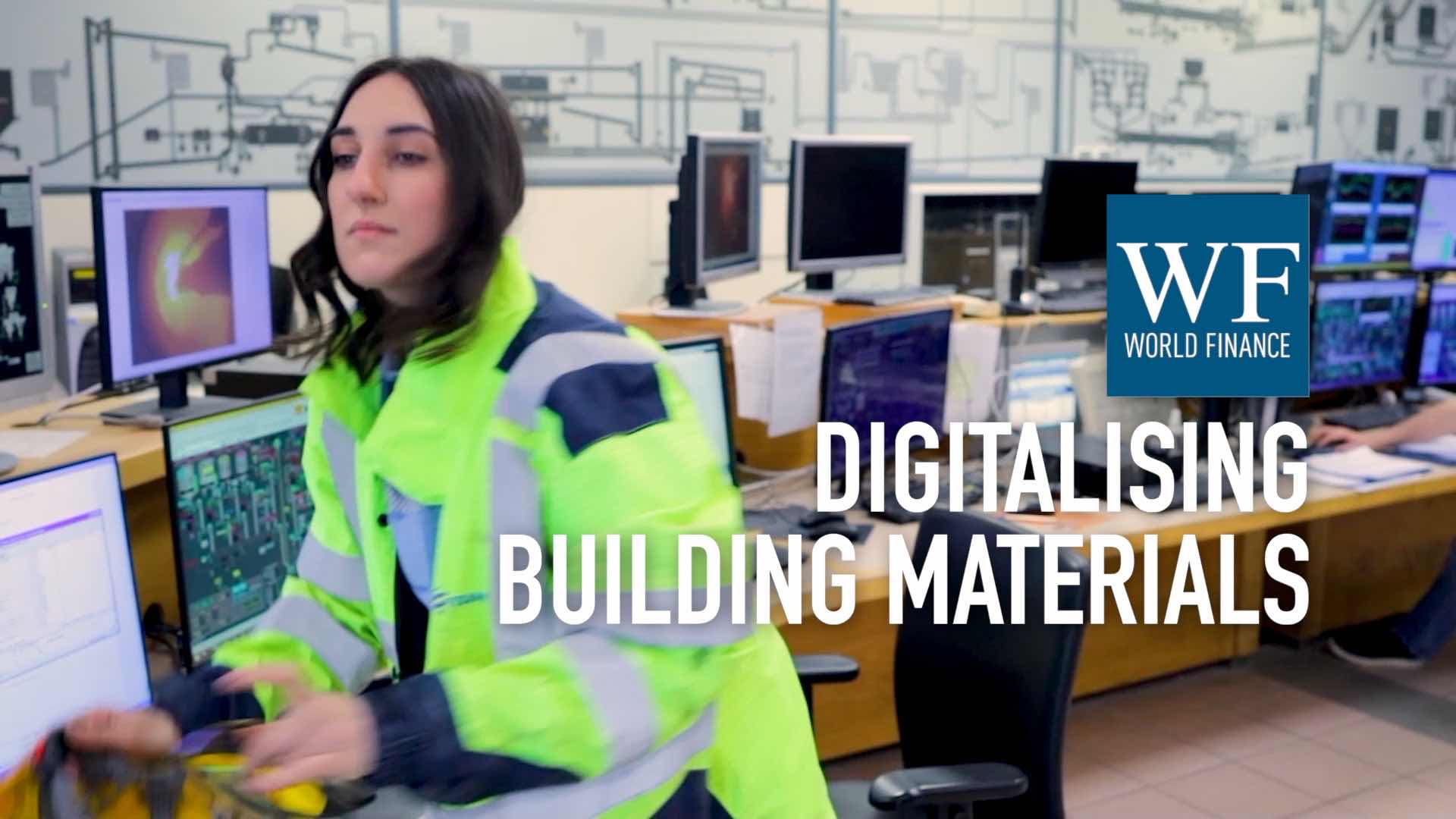Firmenich celebrates 125 years of sustainable, inclusive, innovative business
CEO Gilbert Ghostine explains the 'inclusive capitalism' business model of the family-owned perfume and taste giant
Related:
Transcript
Firmenich is the world’s largest privately-owned perfume and taste company. More than half of the world’s population interact with one of Firmenich’s products every single day; but it’s still a family-owned company, with sustainability at its core. Gilbert Ghostine is Firmenich’s CEO; he explains that sustainability has been one of the company’s fundamentals since its foundation, and discusses the three strands to Firmenich’s ‘inclusive capitalism’ business model: people, planet, and society.
World Finance: Gilbert, why is sustainability such an important principle for Firmenich?
Gilbert Ghostine: Sustainability has been ingrained in our history – and at the same time, in our DNA – as an organisation.
When our founding fathers put together the values of the company, sustainability was one of them. It is at the heart of our inclusive capitalism business model. So this is part of our way of doing business.
At the same time it is important for the planet, because you need 3.5 tonnes of petal rose to make one kilo of rose essential oil that we use in your soaps, in your perfumes, in your shampoos. So the only way is to harvest it in a very sustainable way.
World Finance: I’m really interested by this inclusive capitalism concept; and you’ve identified three strands to that – people, planet, and society. Tell me in practice what you’re actually doing: let’s start with people.
Gilbert Ghostine: I’ll give you a few examples. First, Firmenich received back in December 2018 a global gender equality certification. It’s not only about equal pay, it’s at the same time equal opportunities for coaching, for mentoring, for career progression in the organisation.
The other example that I will give you is that over two percent of our colleagues around the world are people with different abilities. In the normal jargon these are disabled people; yet for us, these are colleagues with different abilities, because they bring a different skillset to our organisation. When some people lose a sense, they will develop the other senses. And that’s why we have visually impaired colleagues on sensory panels all over the world. And that’s a way of Firmenich embracing our colleagues in a camaraderie spirit and a different way.
World Finance: And how about planet – how does Firmenich ensure its business is environmentally responsible?
Gilbert Ghostine: We participated as a company at COP21 in Paris, back in 2015; and this is when we realised that incremental actions on climate are not good enough. They need to be exponential. And we took the opportunity to announce from Paris the boldest environmental goals for our industry.
One of the goals that we set ourselves is that we will be running at 100 percent renewable electricity before the end of 2020. And guess what? Before the end of February, we will be able to announce that we are running at 100 percent renewable electricity globally.
Second, we managed to decouple our output growth from our carbon emissions. Since 2015 we have grown our output by 18 percent, while reducing our carbon emissions by 30 percent.
Back in 2018, Firmenich was one of only two companies in the world out of the 7,000 that are assessed by CDP to receive a triple A: A for climate, A for water, and A for forestry. And we are very proud that for the second year in a row, in 2019, we are receiving triple A from CDP.
World Finance: And your third strand is sustainable growth for society; what innovations are you bringing to market here?
Gilbert Ghostine: As a company, we leverage our knowledge in science to help address some of the biggest societal challenges that exist in the world today.
We were approached by the Bill and Melinda Gates Foundation back in 2014 to help address a serious sanitation issue in emerging markets. You know, 2.5 billion people on this planet have only access to public toilets – and one of the challenges in these public toilets is that most of the time they are dirty and they smell bad.
Who understands the science of smell better than anyone else in the world? It’s Firmenich! Because we have been investing in understanding the receptors in the nose and the science of smell since the 1930s.
We managed to come with breakthrough technologies that could neutralise these malodours; and they are available today in markets like Bangladesh, India and South Africa.
The other example has to do with wellbeing. One of the challenges that our generations face today is this combination of obesity and diabetes. Firmenich came with a new technology called TastePrint that could remove 100 percent of the sugar from the products that you eat, while maintaining the same taste and the same mouthfeel. And the last calendar year, in 2019, we removed one trillion calories from the food that people consume.
World Finance: Firmenich is celebrating its 125th anniversary this year – what’s your vision for the next 125 years of the business?
Gilbert Ghostine: Well, I can’t have a vision for the next 125 years, but I would say, knowing well our shareholders and the way they think, they will always pride themselves on being a role model company in social, environmental, and ethics.
World Finance: Gilbert, thank you very much.

 Investing in innovation: TITAN Group’s €40m commitment to transform construction
Investing in innovation: TITAN Group’s €40m commitment to transform construction TITAN Group: Sustainable and smart construction, powered by digital technology
TITAN Group: Sustainable and smart construction, powered by digital technology
